
China
15:59, 22-Jun-2017
Drug-promoting 70-something doctor doctored nine identities
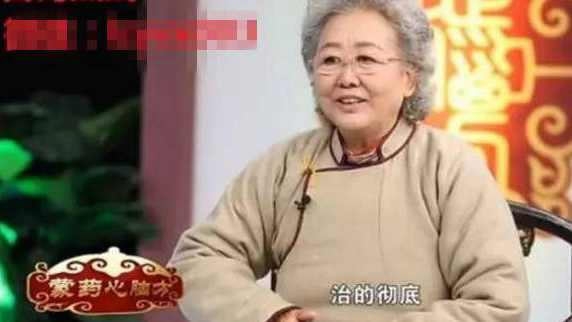
Is there a doctor in the house? Liu Hongbin would confidently raise her hand with pride, assertion and no shame – but truth is a bitter pill to swallow and reality couldn't be any more sickening.
At different occasions, she has claimed to be an endocrinologist, a dermatologist, nutritionist and practitioner of traditional Chinese medicine affiliated with different hospitals around the country. She has also appeared on numerous television shows in the past three years, endorsing and marketing a host of drugs and pharmaceutical products.
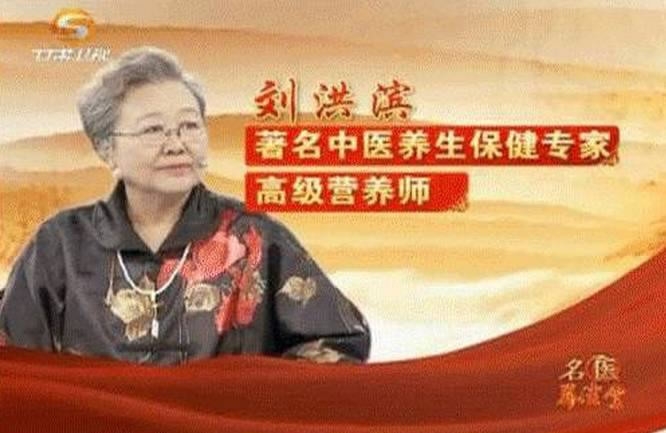
Liu Hongbin on a television show. /Hongxing Xinwen Photo
Liu Hongbin on a television show. /Hongxing Xinwen Photo
But Liu Hongbin, or so she identifies herself, is actually a fraudster, and her credentials have been invalidated after medical institutions she had claimed to represent denied any connection with her.
The expose puts misleading pharmaceutical advertising practices – already a controversial topic in China and elsewhere – under the magnifying glass, and places standards governing the pharma industry on the dissection table.
The 70-something woman is a regular face on different provincial TV broadcasters around China, promoting “miracle cures” – that are as sketchy as she turned out to be – and boasting about her prestigious status as a medical expert.
However, Liu is neither a registered doctor nor a licensed pharmacist, Beijing Youth Daily has reported citing Beijing's Municipal Administration of Traditional Chinese Medicine and the Beijing Municipal Food and Drug Administration.
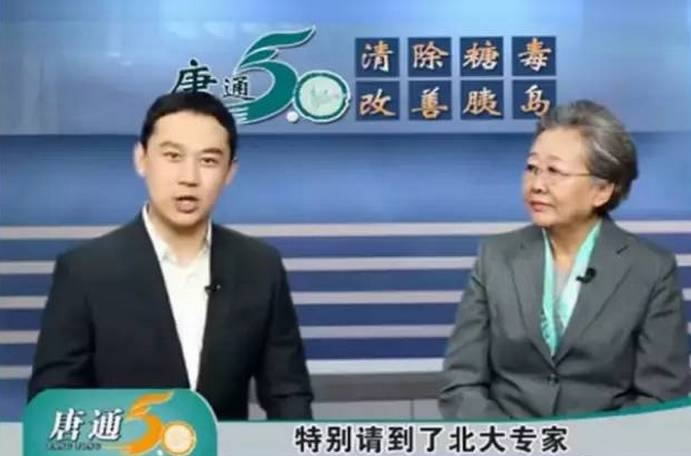
Liu presented herself as an expert from the Peking University. /Hongxing Xinwen Photo
Liu presented herself as an expert from the Peking University. /Hongxing Xinwen Photo
The woman, with her signature round glasses and gray hair, is also not a listed doctor in the Peking University Health Science Center, Beijing Ditan Hospital Capital Medical University or the People’s Hospital of Jilin Province – medical institutions she said she was associated with during her televised promotional stunts over the years, Beijing Morning Post reported on Wednesday.
Switching roles from a member of the Chinese Medical Association to a senior nutrition expert, Liu was constantly caught on camera peddling drugs for different uses – each time with a different professional title, name spelling and ethnic background.
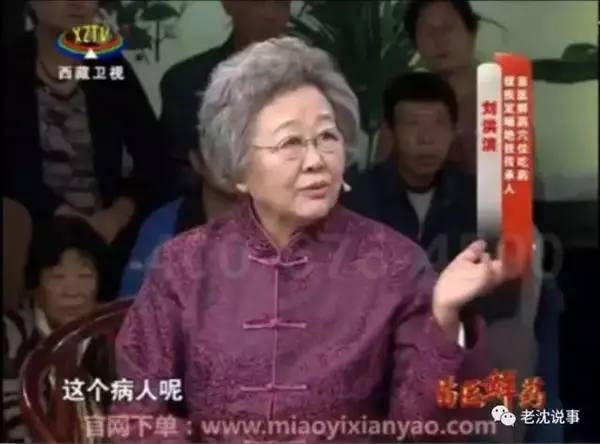
Liu Hongbin on a program aired by Tibet Television./ The Paper Photo
Liu Hongbin on a program aired by Tibet Television./ The Paper Photo
She appeared as an “expert from Peking University” when introducing a diabetes drug in a program aired on Henan digital TV, while coming out as a director of a beauty salon in another show advertising a recipe to rid of freckles she claimed to have developed herself.
Changing the spelling of the last character of her name, Liu presented herself as a member of many ethnic groups, including Miao ethnic minority.
She first came under the limelight in February 2015 when a television infomercial she starred in to promote a drug called "Tangtong 5.0" allegedly capable of "completely curing diabetes" was found to have contained misleading information by the drug regulatory supervision authorities in Xinhuang Dong Autonomous County, central China’s Hunan Province.
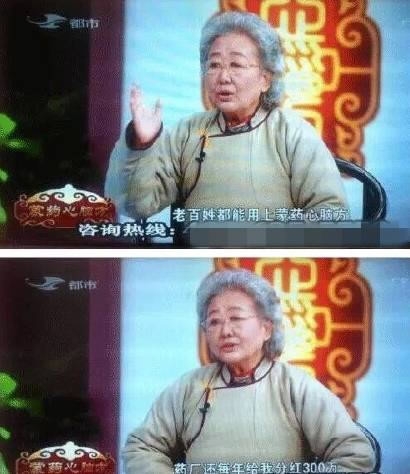
Liu pretended to be from an ethnic family of doctors. /Hongxing Xinwen Photo
Liu pretended to be from an ethnic family of doctors. /Hongxing Xinwen Photo
Liu recently piqued public interest and raised more eyebrows when a sales manager of a Mongolian medicine she advertised for revealed her false identity.
“Liu Hongbin has been on many advertisements but all of her titles are fake,” said the manager, identified by his surname Liu, on Wednesday in an interview with Hongxing Xinwen, a local newspaper affiliated to Chengdu Business Daily.
The interview spread like an epidemic on Chinese social media, with netizens expressing concern over the safety of drugs Liu had promoted all the while calling on the government to strengthen supervision over medical infomercials.
“TV stations broadcasting Liu’s deceptive advertising must shoulder the responsibility for providing platforms to disseminate such fraudulent propaganda,” a user who goes by the name @gongan commented on China’s Twitter-like Weibo.
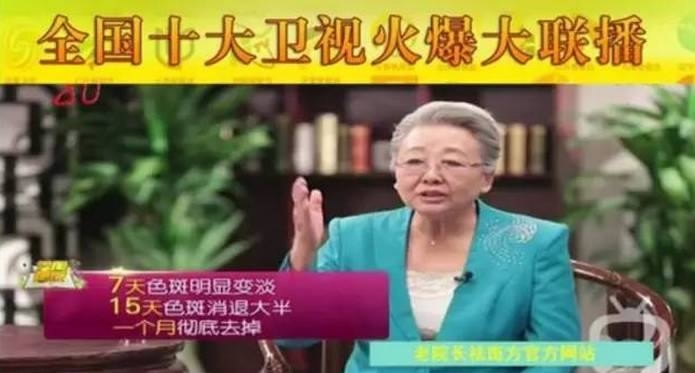
Liu identified herself as the director of a beauty salon on a TV health show. /Hongxing Xinwen Photo
Liu identified herself as the director of a beauty salon on a TV health show. /Hongxing Xinwen Photo
However, staff from Henan digital TV, which hosted Liu Hongbin to advertise the deceptive “Tangtong 5.0,” told Hongxing Xinwen that they did not produce the show, which is provided by an ad company.
The case, which highlights some senior Chinese' addiction to healthcare products and casts doubt over the credibility of drug advertorials, is far from the first time that suspicious promotions have caused a media fever.
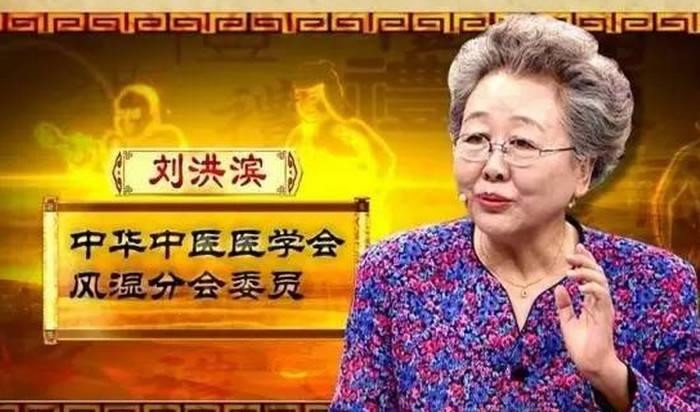
Liu Hongbin. /Hongxing Xinwen Photo
Liu Hongbin. /Hongxing Xinwen Photo
A senior couple in Shenzhen, south China’s Guangdong Province, caused online uproar after reportedly spending more than 600,000 yuan (over 87,800 US dollars) in four years on low-quality pharmaceutical products advertised on television without a doctor's prescription, which led to them falling sick.
According to a survey carried by China Consumer Association in June last year, 70 percent of Chinese consumers are not “satisfied” with the healthcare products industry, with over 60 percent of them expressing distrust of related advertisements.
These findings are in stark contrast to the sales of such products, which reached a record high of 200 billion yuan (29 billion US dollars) in 2016.

SITEMAP
Copyright © 2018 CGTN. Beijing ICP prepared NO.16065310-3
Copyright © 2018 CGTN. Beijing ICP prepared NO.16065310-3